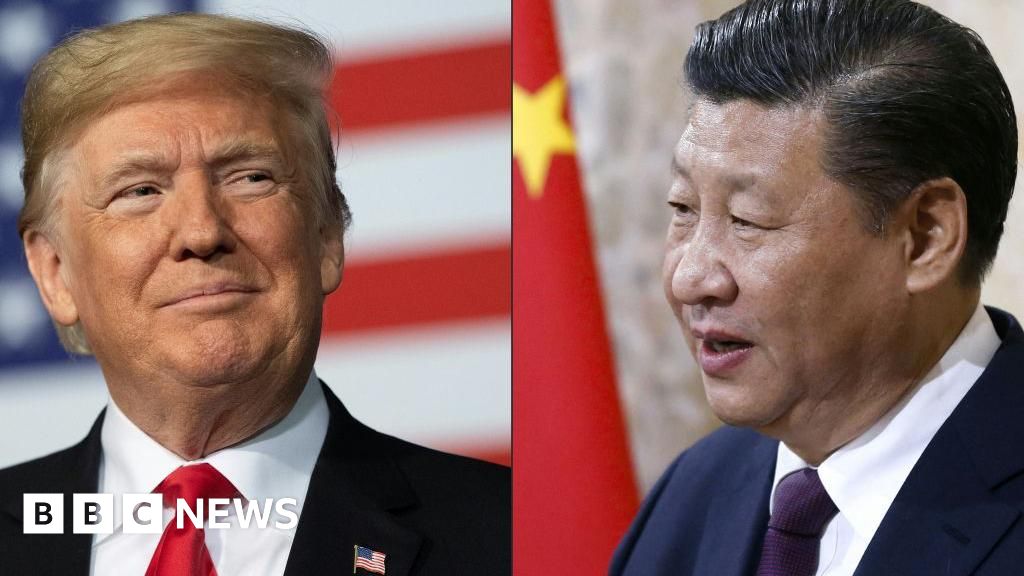Italy and U.S. Address Digital Taxation Concerns in Joint Statement

WASHINGTON: In a significant diplomatic move, Italy and the United States issued a joint statement on Friday, expressing their opposition to what they termed as "discriminatory" taxes on digital services. This statement is viewed as an indication that Italy may be reconsidering its controversial digital tax, which has long been a source of tension with Washington.
The announcement follows a series of high-profile meetings between Italian Prime Minister Giorgia Meloni and prominent U.S. figures, including former President Donald Trump and his deputy, JD Vance. Meloni was greeted with a warm reception from Trump, which stood in stark contrast to the cooler treatment experienced by some other European leaders during their engagements with the U.S. administration.
For years, European initiatives targeting major U.S. technology firms like Alphabet's Google, Meta's Facebook, Apple, and Amazon have been a source of irritation for various U.S. administrations, including Trumps. In Italy, the government has imposed a 3 percent tax on revenue from internet transactions for digital companies that achieve sales of at least 750 million euros (approximately $853.35 million). Despite generating less than 500 million euros in annual revenue for the Italian government, this tax remains a contentious issue.
In their joint statement, the two nations emphasized the necessity for a "non-discriminatory environment" regarding the taxation of digital services, which they believe is essential for fostering investments from leading technology companies. This commitment to a fairer tax landscape was highlighted following Melonis discussions with Trump at the White House on Thursday.
While the statement hinted at a potential softening of Italy's stance on the digital tax, it did not explicitly confirm whether the Italian government would eliminate the levy altogether. This uncertainty is particularly relevant given that Meloni faces pressures from her coalition partners who advocate for a more aggressive approach towards big tech companies, hoping to secure additional funding for ambitious projects without straining Italy's already delicate public finances.
Economy Minister Giancarlo Giorgetti weighed in on the discussions, stating on Thursday that negotiations regarding big tech taxation should take place bilaterally between the U.S. and Italy, rather than through the European Union framework. He also mentioned that he would be meeting with U.S. Treasury Secretary Scott Bessent next week during the G20 summit, underscoring the importance of direct dialogue.
Moreover, the joint statement welcomed increasing American investments in artificial intelligence computing and cloud services within Italy. This initiative is part of a broader strategy to position Italy as a key data hub for the Mediterranean region and North Africa. Notably, Amazon's cloud computing division, AWS, announced last year plans to invest 1.2 billion euros in Italy over the next five years, further expanding its data center operations in the country.
The dialogue between Italy and the United States reflects a growing recognition of the need for collaboration in the tech sector, as both nations seek to navigate the evolving landscape of digital taxation and investment.


























